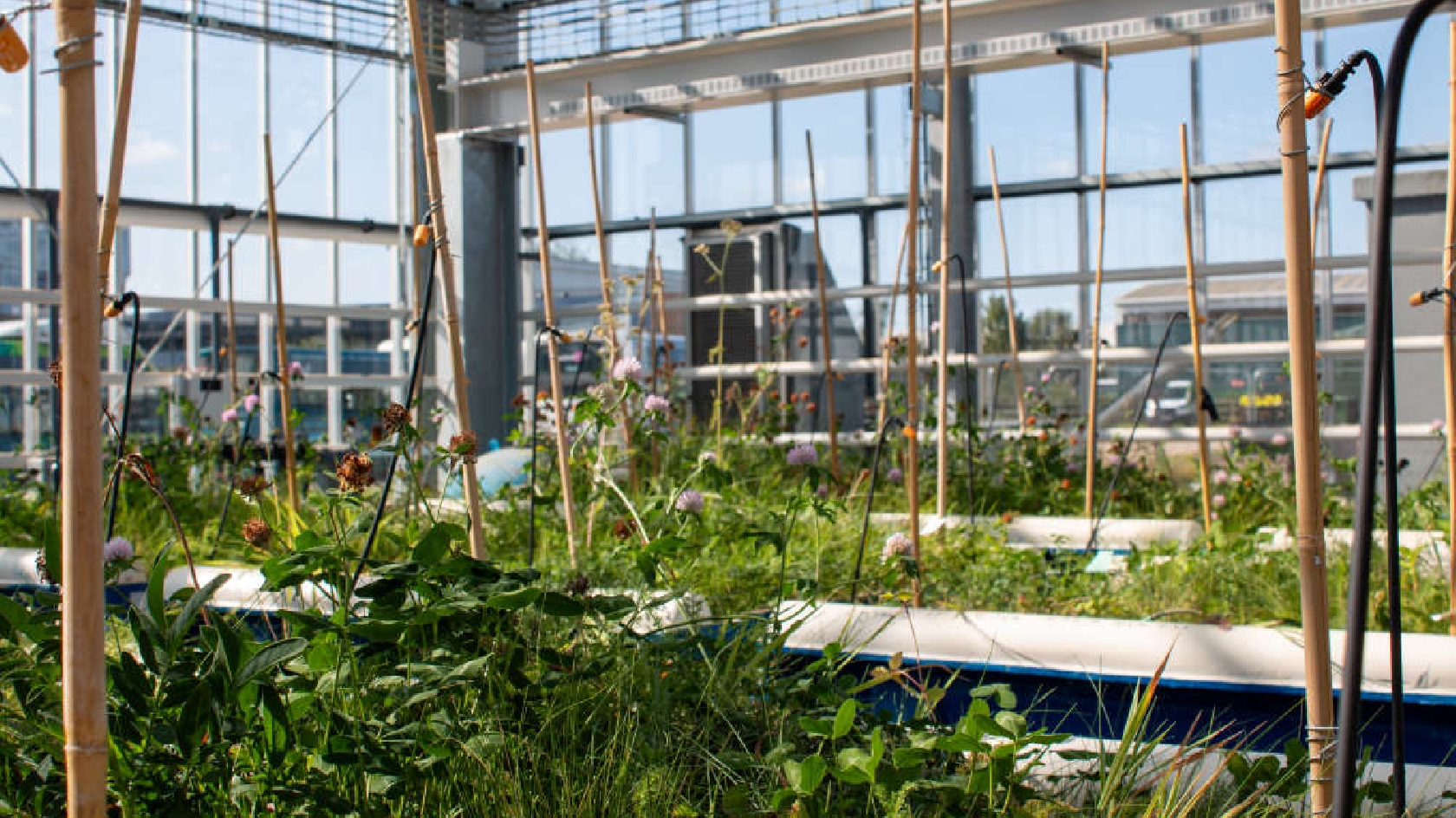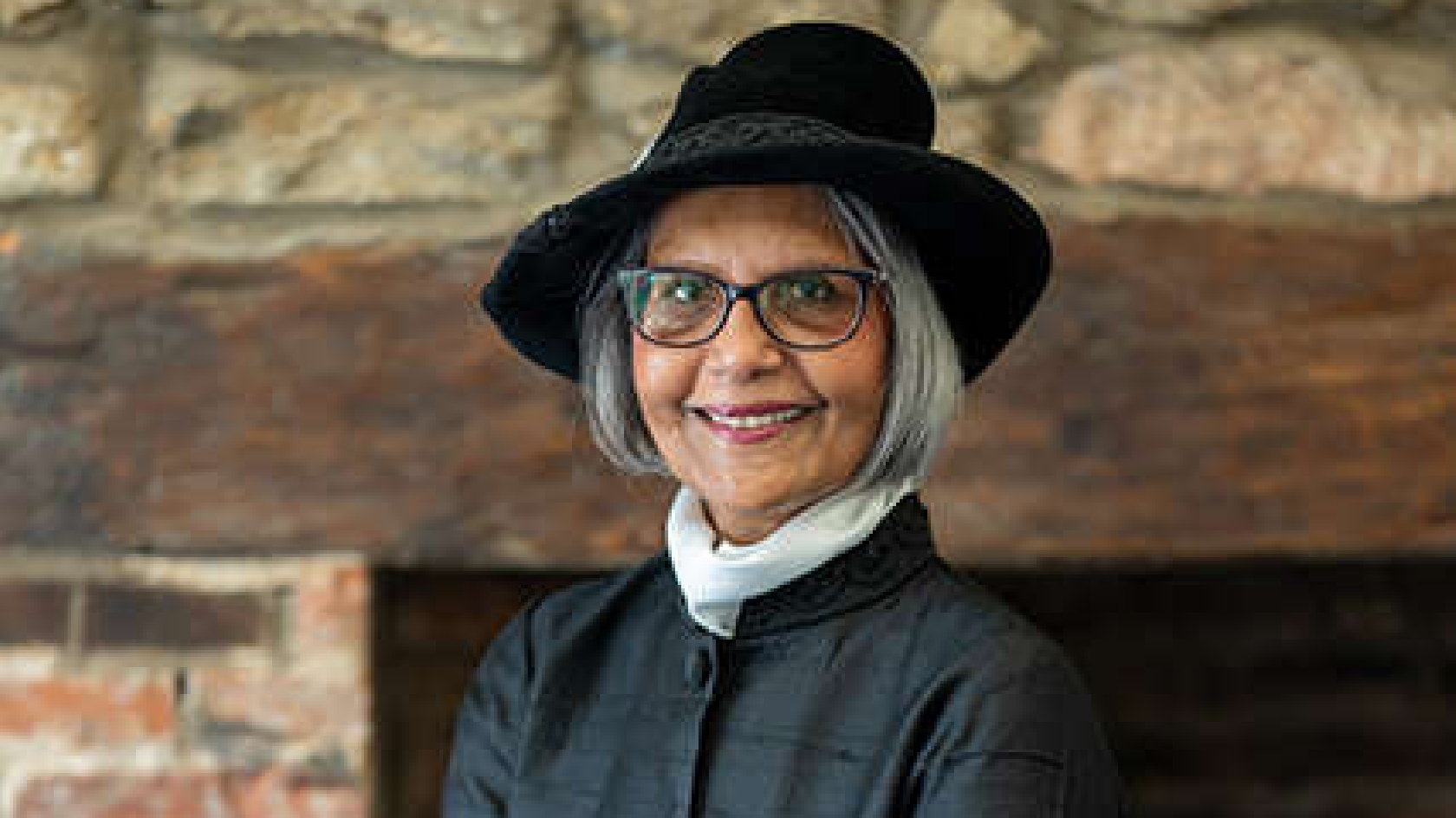
Hopes of a COVID-19 vaccine have been raised significantly after one in development was found to be 90% effective in preventing people from getting the virus.
Now the UK government faces the daunting task of preparing to roll out the vaccine to the population - and getting it to those most in need as soon as possible.
But how quickly could the new Pfizer/BioNTech vaccine be approved, how would it be delivered across the UK and what are the logistical challenges that lie ahead? Sky News explains.
When could the vaccine be approved?
Pfizer says that it will apply to the US healthcare regulator - the Food and Drug Administration - by the end of November for emergency approval to use the vaccine.
At the same time, drugs regulators in the UK and Europe will consider safety data from Pfizer's trial of the vaccine.
Health Secretary Matt Hancock said "we are talking most likely weeks" for this data to be published.
Any vaccine for use in the UK will need the separate approval of the UK's Medicines and Healthcare Products Regulatory Agency or, up to 31 December, the European Medicines Agency.
The UK's medicines regulator could approve the Pfizer jab within days of a licence application being submitted, Mr Hancock has said.
How much of the vaccine is available to the UK?
The government has secured around 40 million doses - enough for 20 million people or about a third of the UK population.
It expects 10 million of these doses to arrive in the UK before the end of this year, with those chosen to get the jab receiving two doses, 21 days apart.
Pfizer and BioNTech say they can supply 50 million doses worldwide by the end of 2020 and 1.3 billion by the end of 2021.
How will the vaccine be delivered across the UK?
The military and NHS staff are on standby to roll out the COVID-19 vaccine from the start of December and will work "seven days a week", the health secretary has said.
Matt Hancock told Sky News the NHS is leading work to get the vaccine to those most in need as soon as possible, though most people will not get a jab until 2021.
It will be delivered through care homes, GPs and pharmacists, as well as "go-to" vaccination centres set up in venues such as sports halls, he said.
Dr Richard Vautrey, chairman of the British Medical Association's GP committee in England, said practices would "stand ready" to deliver a vaccine, with clinics potentially running from 8am-8pm, seven days a week.
What are the logistical challenges?
The health secretary has acknowledged there is "enormous complexity" in storing and administering the Pfizer vaccine, which needs to be kept in cold storage.
"The Pfizer vaccine needs to be held at minus 70C until the last few hours before it is deployed, which obviously makes things more complicated," Mr Hancock said.
"Also, you can't take it out of that freezer more than four times on its journey from the manufacturing plant into the arm of patients... so that brings its complications."
Scientists have also expressed concerns about how GPs will store vaccines as many surgeries do not have freezers cold enough for them.
Brendan Wren, a professor of microbial pathogenesis at the London School of Hygiene and Tropical Medicine, told Sky News: "You can certainly make a lot of it but whether you could get it to everybody that needs it is another issue and that's why it's good that there are other vaccines available."
Who will get the vaccine first?
The health secretary has said priority will be given to those in care homes, the elderly and health and social care staff.
A draft list was published showing who was likely to be at the front of the queue, using a "simple age-based programme".
Here is the provisional list:
1. Older adults resident in a care home and care home workers
2. All those 80 years of age and over and health and social care workers
3. All those 75 years of age and over
4. All those 70 years of age and over
5. All those 65 years of age and over
6. High-risk adults under 65 years of age
7. Moderate-risk adults under 65 years of age
8. All those 60 years of age and over
9. All those 55 years of age and over
10. All those 50 years of age and over
11. Rest of the population (priority to be determined)

© Sky News 2020
















